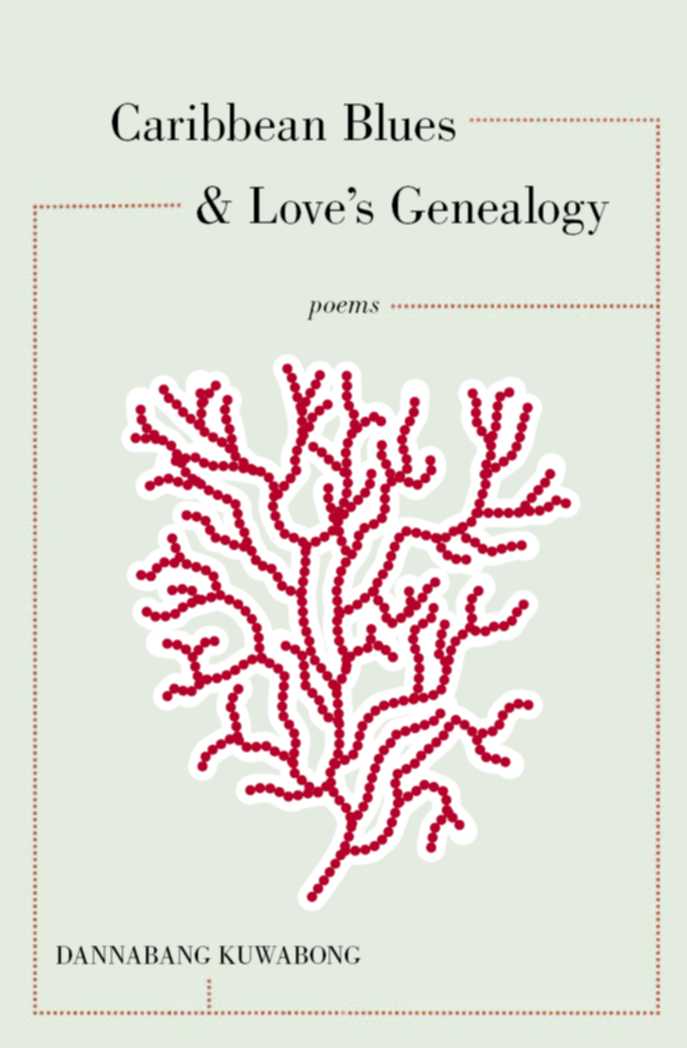Unisex Love Poems
by Angela Szczepaniak (DC Books, 2009; $16.95)
In Unisex Love Poems, the reader is presented with a genre-defying, acrobatic performance, a collection of prose poems, tagged dialogue, field notes, recipes complete with diagrams and footnotes, monologue-ish rants, inter-office correspondence on letterhead and hand-drawn posters. This is, as the cover tells the reader, Punchy Poetry. The zig-zag of storyline goes something like this: two lawyers, Spitz and Spatz, only three and a half inches high, are central character Slug’s "vaudevillian divorce fairies." They attempt, with hilarious antics and word-calisthenics, to track down the cause of Slug’s mysterious "h-rash" and get to the bottom of his post-divorce heartache.
Interspersed throughout is a series of prose poems offering advice on the often inexplicable path to heavy petting, butterfly kisses and love. Twelve recipes on how to prepare the organs and muscles of the body also intertwine the plot, including "Stomach Butterflies," "Liver Silk," "Pancreas Pettitoes" and "Stuffed Couer." The voice of Butterfingers, a fourth character, is also introduced, whose "linguistic misadventures" offer up a home-made compound language, a mess of "stretchached," "kittenblithe," "ribthick," "pintight" and "sassy verbiage."
In his introduction to Great American Prose Poems from Poe to the Present, editor David Lehman discusses the possibilities prose poetry grants the writer: "Writing in prose you give up much, but you gain in relaxation, in the possibilities of humor and incongruity, in narrative compression, and in the feeling of escape or release from tradition or expectation. The prose poem can feel like a holiday from the rigors of verse…." I imagine Szczepaniak is trying to say something about the seriousness of poetry here in this mish-mash of forms, and probable feels similar to American poet James Tate, who finds prose poetry an effective "means of seduction. For one thing, the deceptively simple packaging: the paragraph. People generally do not run for cover when they are confronted with a paragraph. The paragraph says to them: I won’t take much of your time, and, if you don’t mind my saying so, I am not known to be arcane, obtuse, precious, or high-falutin’. Come on in."
Unisex Love Poems certainly welcomes the reader, and Szczepaniak’s sense of humour is immediately apparent. Her verbal repertoire is hearty, and at times well-crafted. However, the argument for poetry that is accessible, playful and energetic can be nullified when the meaning is lost amongst the commotion. While the prose pieces are engaging, driven by a voice that imitates old etiquette handbooks — "Simultaneous petting and drinking, or a like calibre of cheap conduct, are, needless to remind you dear girls, apt to lead to further promises of promiscuity," — and the recipes creepy and clever — "Soak lovestruck organ in warm bath/Baste with plum bubbles and a soulful/cello melody//" — the shift between characters and poetic styles becomes too hard to follow, the journey to uncover what causes heartache in the recently divorced protagonist too much work.
Caribbean Blues & Love’s Genealogy is also rooted in language that both promotes and hinders the book’s overall meaning. At their best, these poems are rhythmical, full of life, meant to be read aloud. At their worst, they are pedantic, misdirected and intangible.
The collection, a story told in two parts, is a sojourn into beginnings, belonging, home and an inherited history. In Book One, repetition, chant- and song-like language pull the reader into new worlds. The narrator envisions a history of origins, a Caribbean childhood dissected into a dream-like Barbados, where "in the morning/mangoes fell/in the afternoon/mangoes fell/in the evening/flying fish flew/into the empty pans/sitting on empty hearths//;" and a Georgetown, Guyana, where "birds go to sleep/ donkeys lick their wounds//curry caries the evening/on its yellow shoulders//limers lime lamp-posts/I step through light into night//."
Book Two, beautifully titled "Love’s Genealogy," is told from the grey and distanced Hamilton, Ontario. The city seems empty of home and family, "I will lend my heart to Mambo/By deserted Tonic Lounge on King Street/Where cubanos are puffed on domingos//." Love, sex and desire all play a part in the narrator’s journey, and by linking the end lines of one poem to the beginning of the next poem, the reader, too, is drawn along.
At times the sensuous details conjure up a true scene — "you rise up and go to the basket of fruits/retrieve a large banana and two granny apples/then you hand me a split avocado/the seed stares uncertainly at me." More often than not, however, the reader is lost in utter abstraction — "and all becomes twisted forgetfulness/only the proverb of me may remain/but nothing else shall be a memorial//." In fact, the overuse of this abstract language — desire, fear, loneliness, isolation, distraction, pain, silence — instances the reader from each moment rather than inviting the reader to lean close and experience this seemingly extraordinary life.
Unisex Love Poems and Caribbean Blues & Love’s Genealogy fail to inspire connection because neither poet is using the broad range of poetic tools at their fingertips. Concrete details, simile, image, diction that roots the reader in the moment rather than misdirects — these are all techniques that separate poetry from speech, abstract emotion and cliché.
"New rhythms are new perceptions," says Robert Hass in his essay "Listening and Making," and these poems, when successful, measure up. However, the most essential element in any poem is one both these poets could work harder to achieve — the tension and torque of a well-crafted line. A line that tugs is like love, it’s like everything the heart already knows.–Sheryda Warrener
Sheryda Warrener’s poetry has been published in Event, The Fiddlehead and Grain. She lives in Vancouver, where she recently completed an MFA in Creative Writing at UBC.




